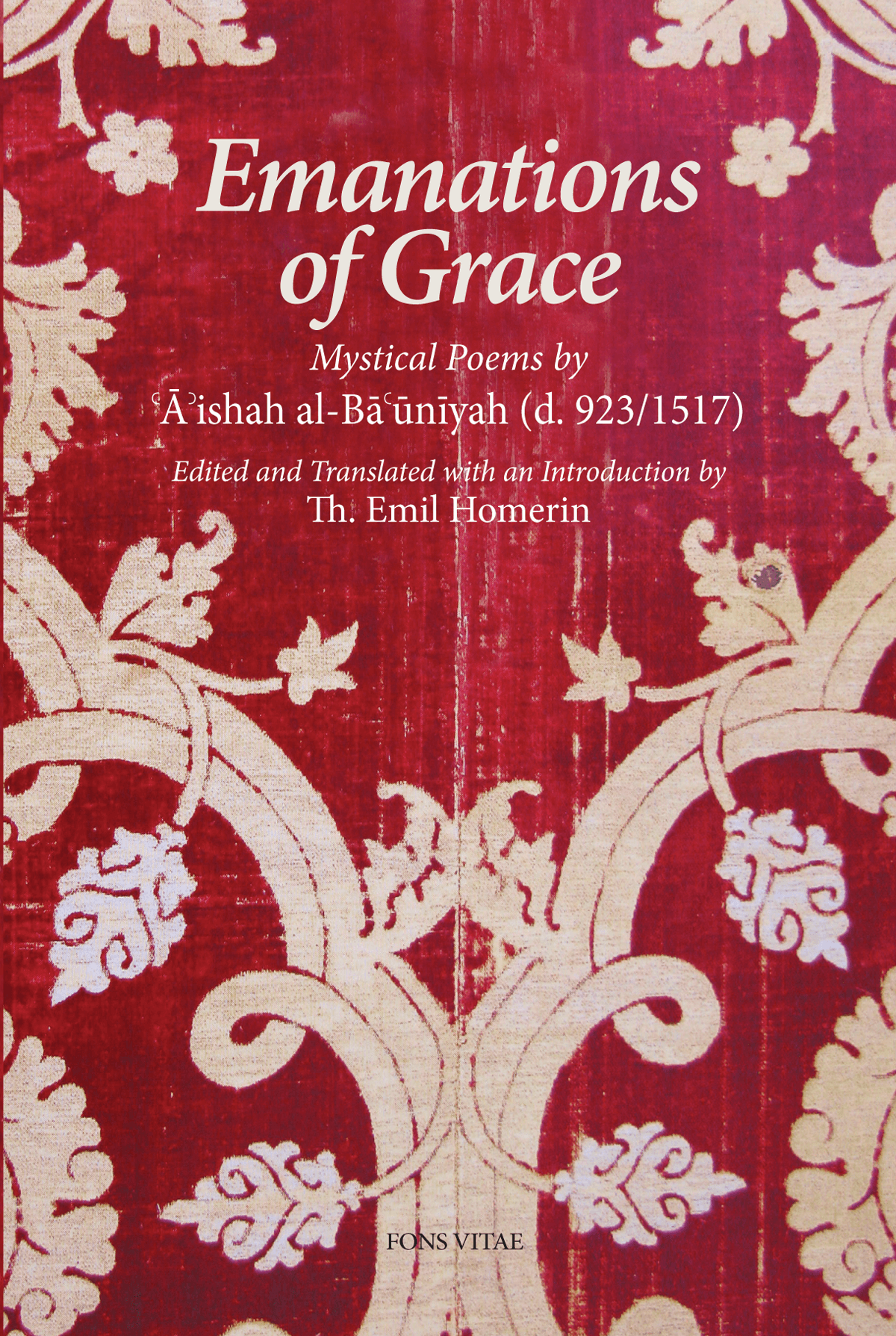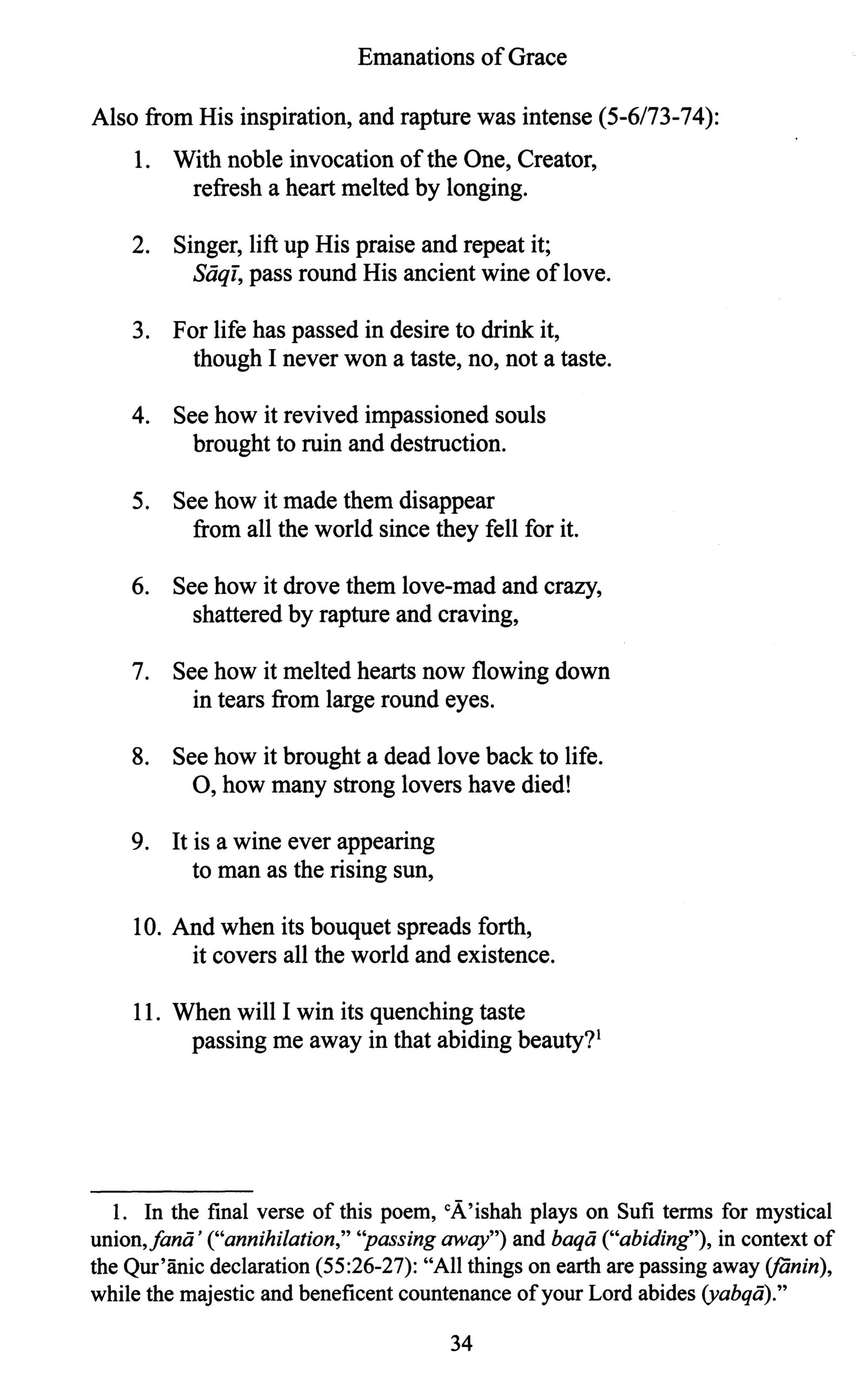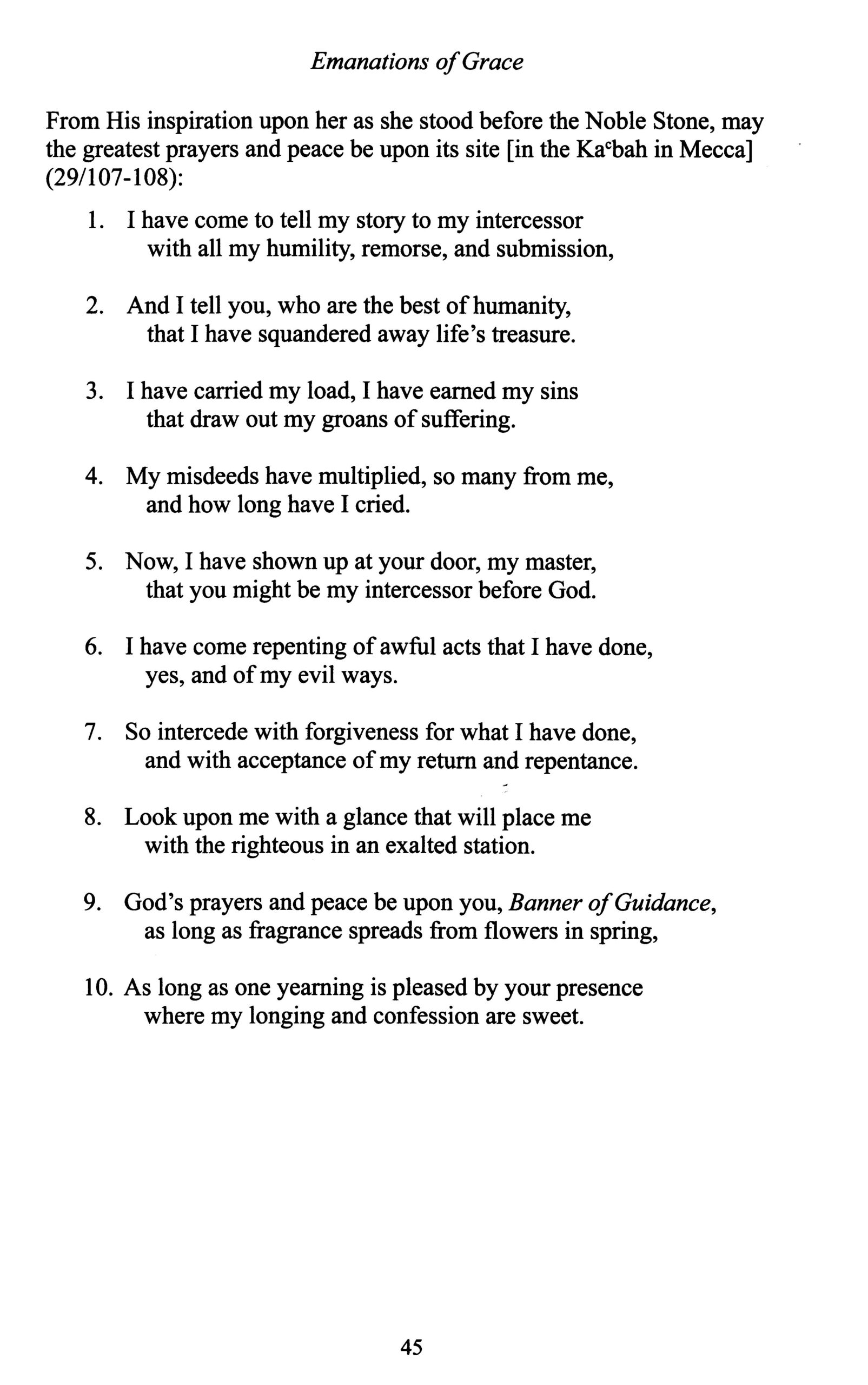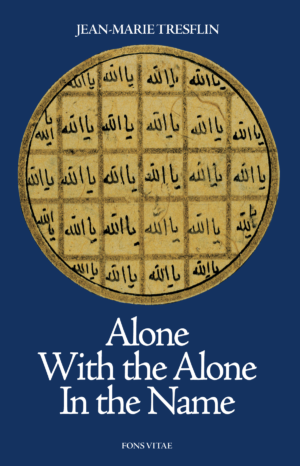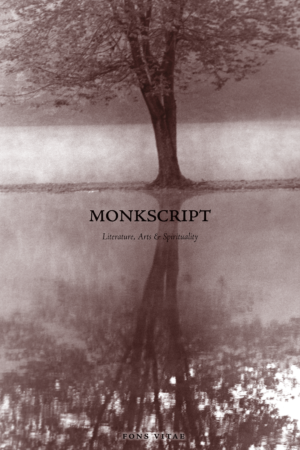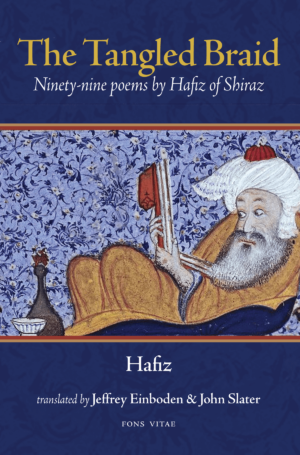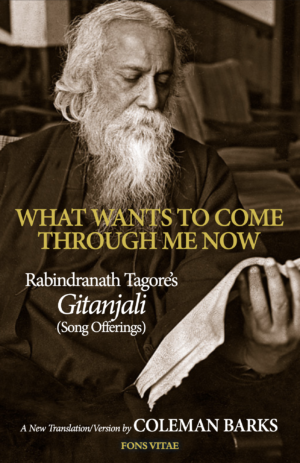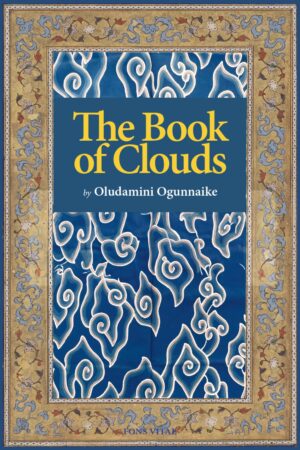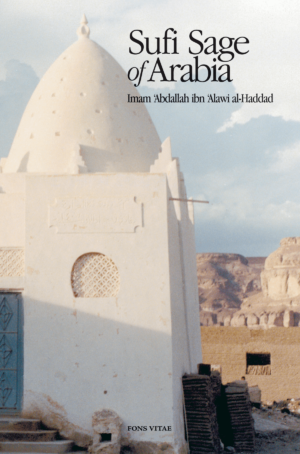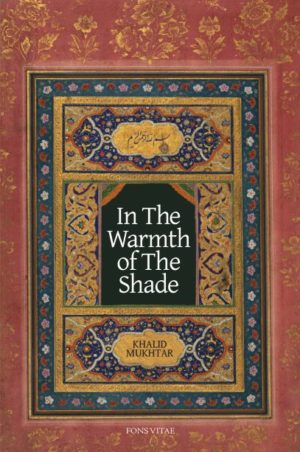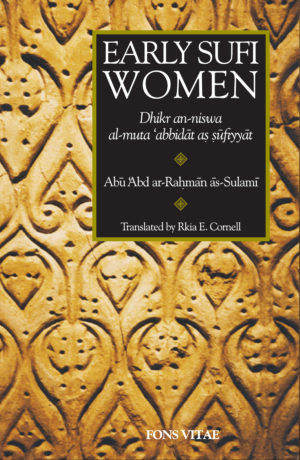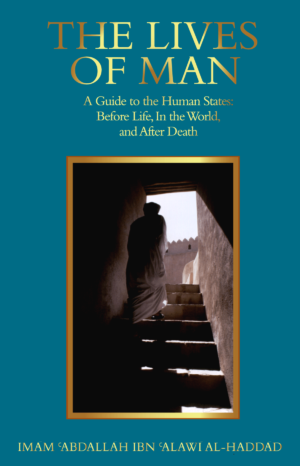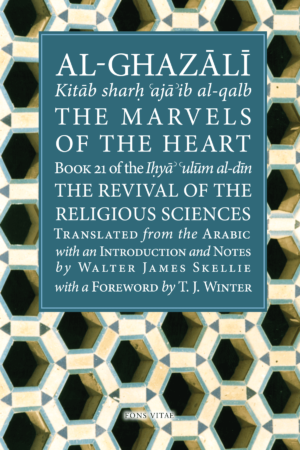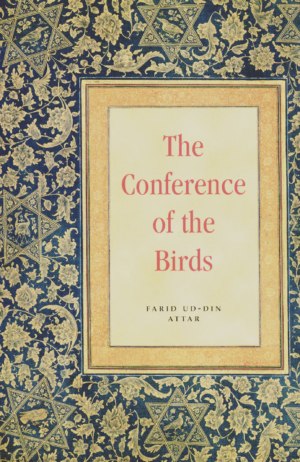The sun and moon appeared on the horizon of my spirit,
and the heart beheld what eyes could not see,
And sheer beauty revealed itself in guises
to insight’s clear vision.
These are the opening verses to a poem by the Muslim mystic ‘A’ishah al-Bācūnīyah, in which she speaks of her love for God and union with Him. Living a life of devotion, meditation, and prayer, A’ishah experienced moments of ecstasy marked by a sense of timeless unity and illumination: I behold beauty with eyes lined by His light, and His splendor was the eyes’ sight. My love’s beauty is my vision, His presence my gardens, and their fruit is His love talk devoted to me. Here, ‘Ā’ishah likens her mystical state to a life of everlasting happiness in the gardens of Paradise where God will reveal Himself to those who are saved.
There, too, faithful believers will drink the purest wine, and ‘A’ishah often compares God’s love to an intoxicating wine that causes her to forget herself in rapture:
This is the tavern of joy where the glasses are full,
aglow like the sun and the moon.
These choice cups are a portion of what comes to me
as their quiet intimacy takes hold.
This is the wine of leisure, and I received from it
perfect fulfillment from an endless source,
A wine taking me to the fountain of bliss,
as I attained peace without anxiety or fear.
‘A’ishah’s mystical experiences enabled her to pass away from a life of selfishness in order to see the divine within her heart and so live an enlightened life of love:
My mind, my spirit, my faith– all of me
sees clearly without a veil or screen.
So I received the greatest joy and wish,
and grace to me is limitless!
As ‘A’ishah’s spiritual life progressed, she became a Sufi master in her own right, and she composed a guidebook to lead others on the mystic path. Following a centuries old Sufi tradition, ‘A’ishah advises the seeker to repent of selfish ways and turn to a sincere life of love for God and all of His creation.
Essential to this transformation is meditation on human limitations and God’s limitless love. In her poems and other writings, ‘A’ishah often recounts her own states and stages on this quest for union with the hope that others, too, might receive an emanation of grace.
–
1. You, the essence of my essence, source of my character,
secret of my actions, light of my enlightenment,
2. God, God, my being, You
are never hidden from my sight!
3. How could You hide when You
are the life of my spirit in every way?
4. You made my love come true, and renewed my rapture
with the grace of beauty and beautiful grace.
5. I have no art save passing away;
I have no quality save being pure.
6. Love of my heart, look upon me
with the favor of union and the union of favor.
7. I see You clearly in the beauty of every perfection,
in every grace, in every pure wine,
8. For You are always before my eyes
in every look and glance.
9. You kept me safe in promised union,
accepted and fulfilled.
10. So, You are, my Lord, in every rose;
You are my fragrance from every sweet scent.
11. You are the sun with which I rise;
You are the full moon before whom I stand.
12. You are kind to me in every endeavor,
and You are my end in every kindness.
13. You are my revelation in every state;
You are my state in every revelation.
14. You are the inner meaning of my intoxication,
for without You, my sipping pure wine would not be sweet,
15. And how could that be, love of my heart,
when sipping wine is my sweetest cure?
16. You are my dearest beloved,
and You provide the purest wine.
17. You are the meaning at the source of all meanings,
and You are never hidden from my sight!
(page 71)
